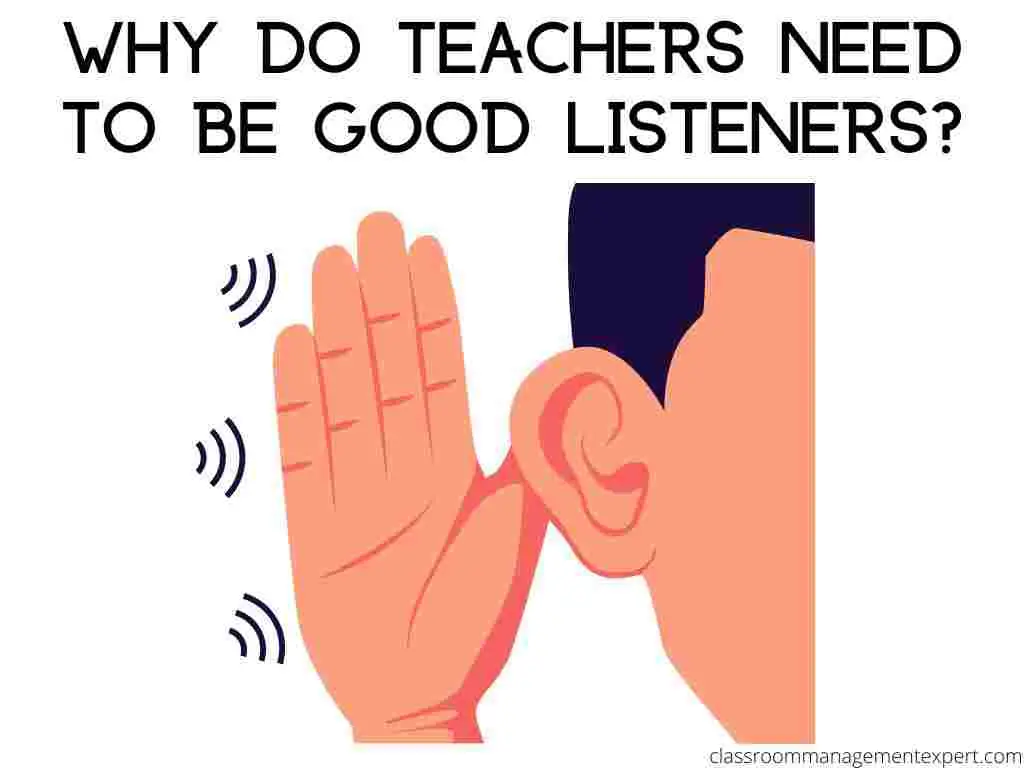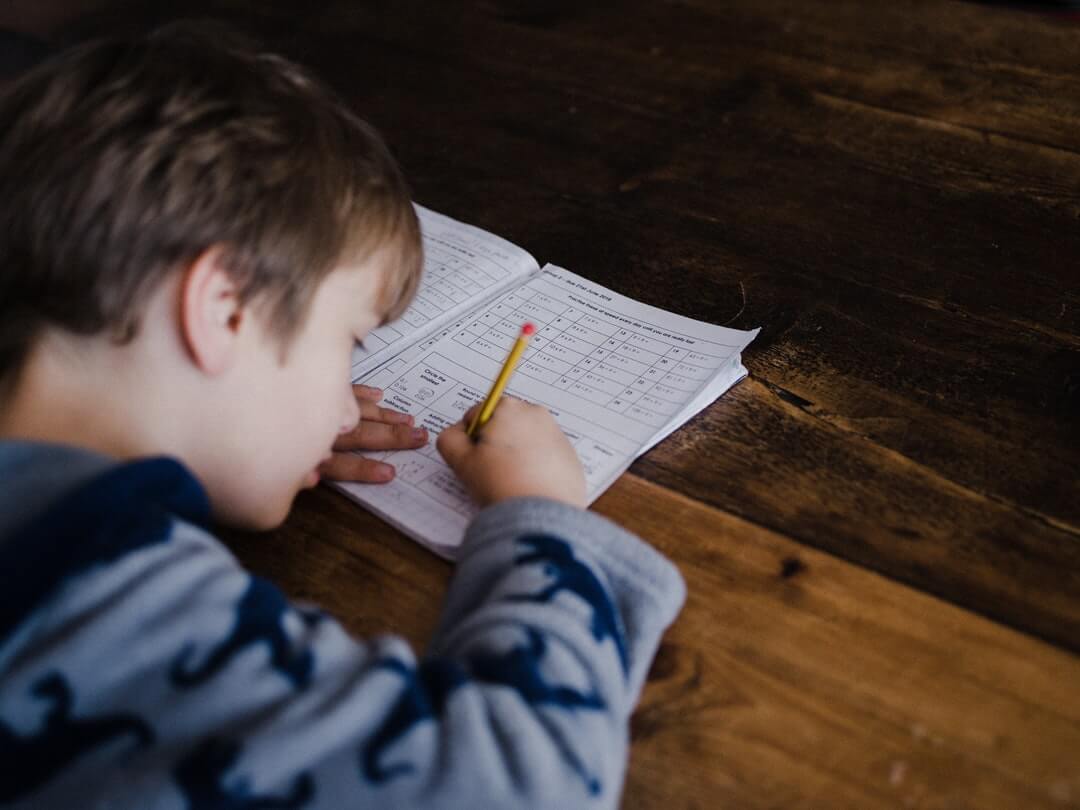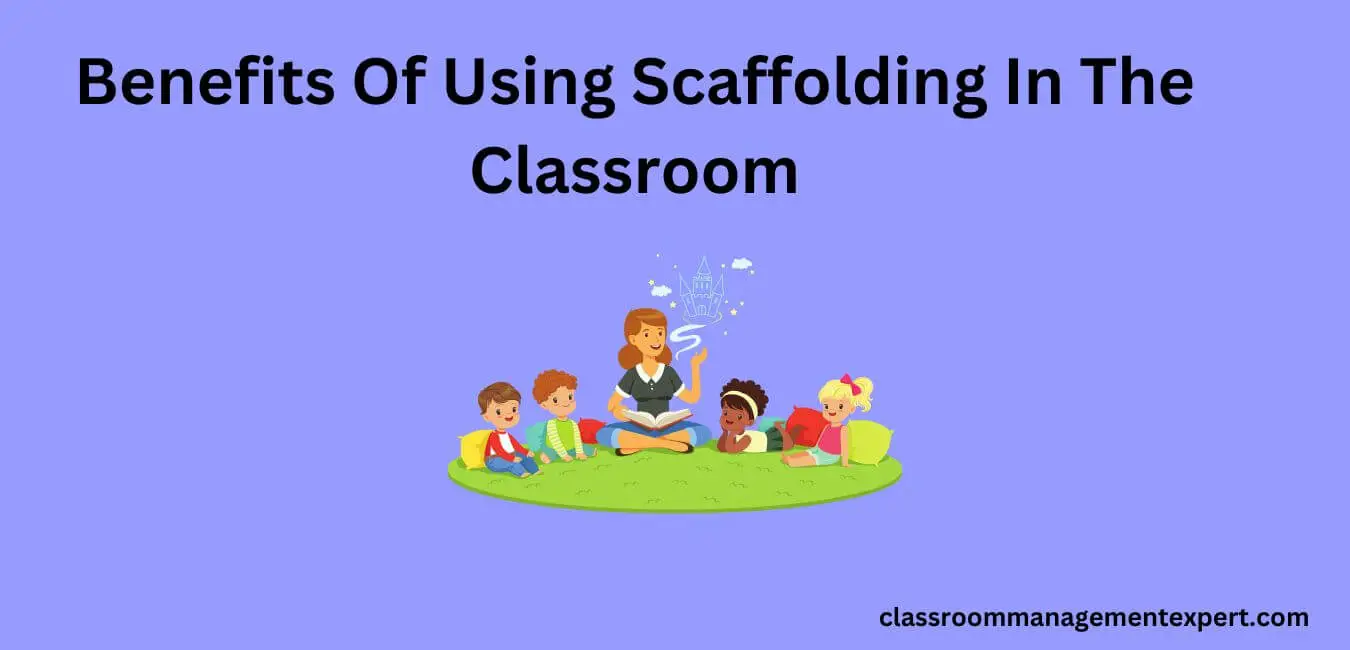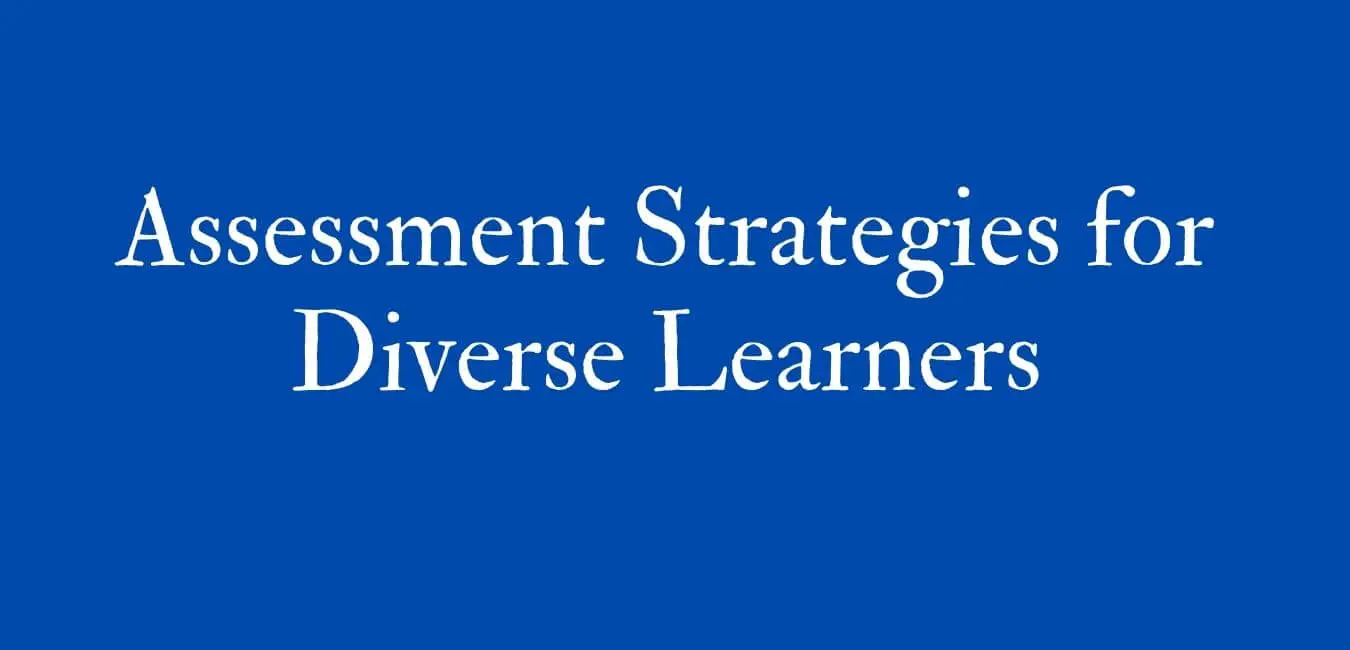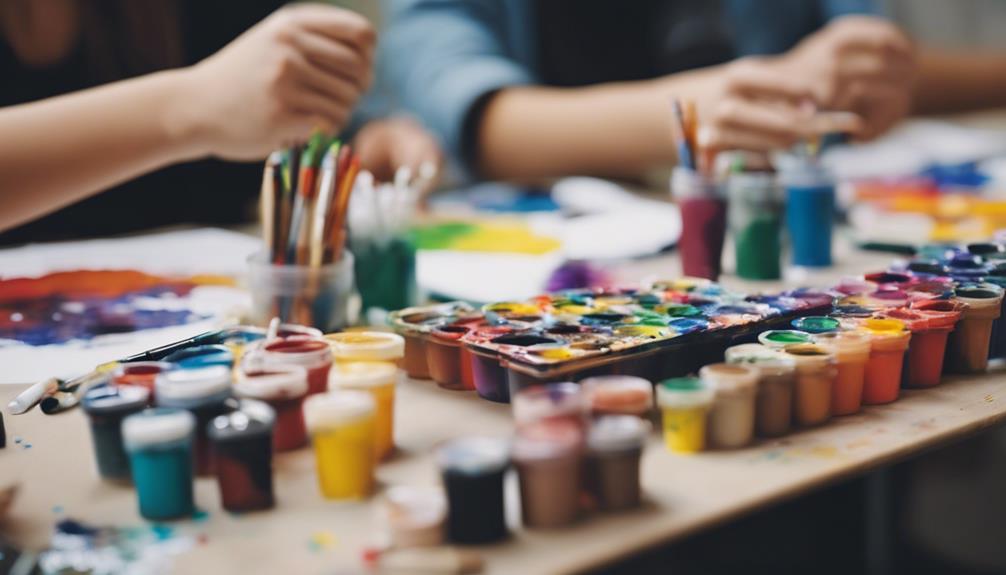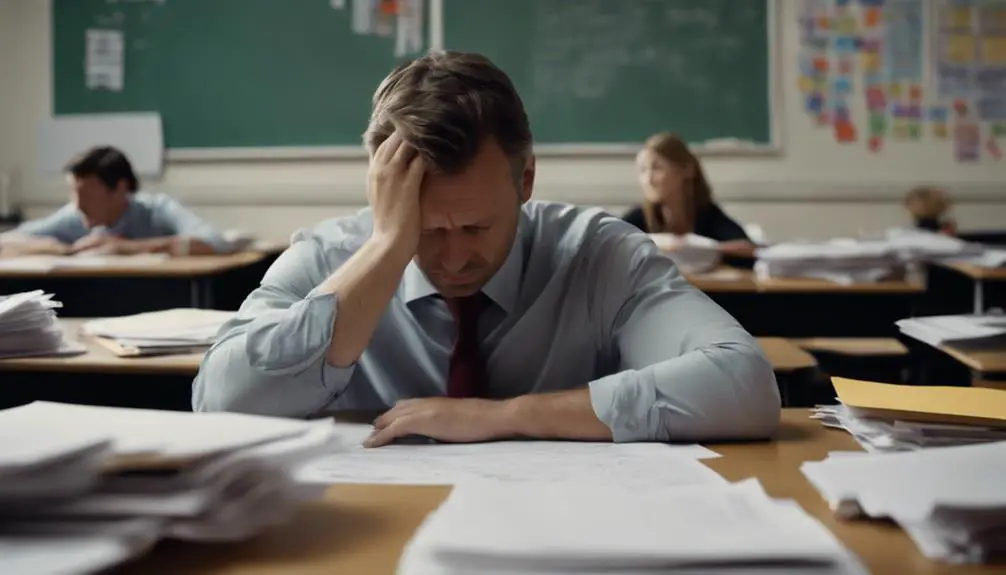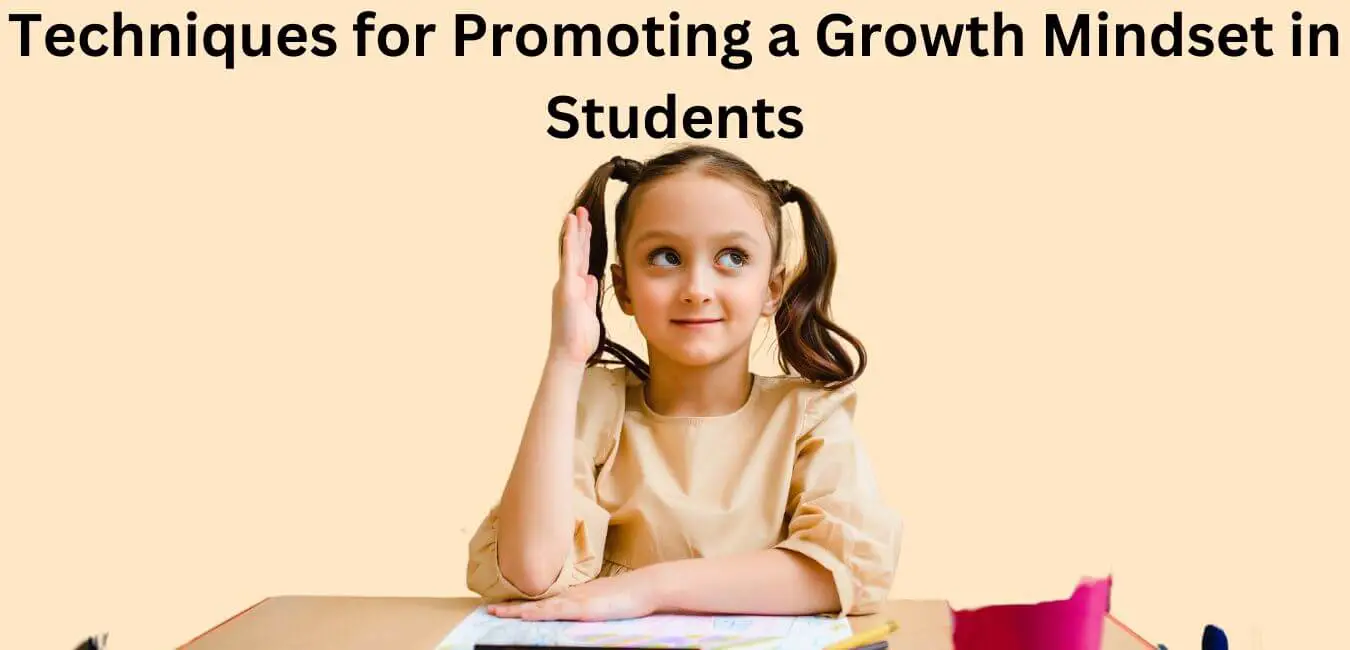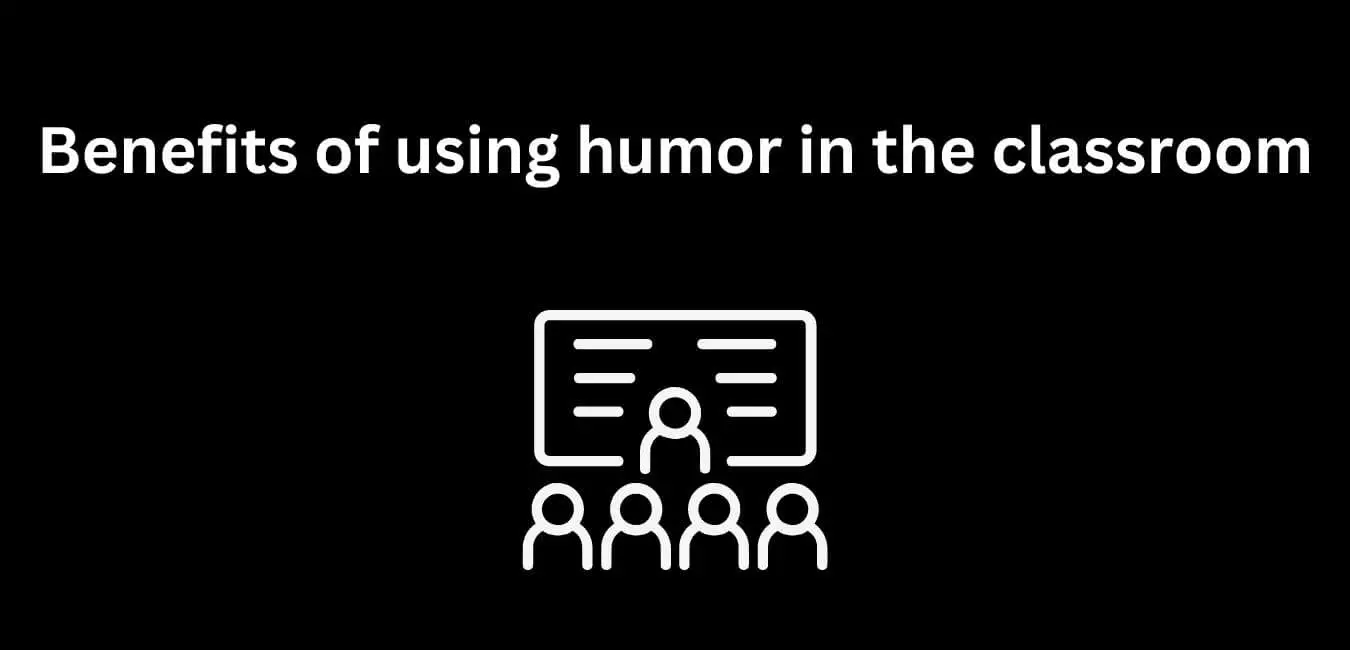Listening is a skill that teachers need to develop in order to be successful in their profession. Effective listening helps teachers to understand and empathize with students, build relationships, and provide support. It also allows teachers to gain an understanding of the student’s goals and objectives and to make appropriate interventions.
Moreover, teachers need to be good listeners because it helps them to better understand their students and create a positive learning environment. Good listening skills allow teachers to understand the student’s point of view, foster cooperation, and build trust. Teachers who are good listeners also tend to be better organizers and disciplinarians because they can anticipate problems before they occur.
But what makes a teacher a good listener? And why is there a need to be a good listener as a teacher? Keep reading to find out the answers to these questions and many more.
What makes a teacher a good listener?
Listening is one of the most important skills a teacher can have. When a teacher is able to listen attentively, they are better able to connect with their students and provide them with the support they need. There are many things that make a good listener, but some of the most important qualities include attentiveness, empathy, a strong sense of communication, and patience.
By being attentive, a teacher is able to focus on what the student is saying and not get lost in their own thoughts. By being empathetic, a teacher is able to understand how students feel and what they are going through. By being patient, a teacher is able to control his emotions when listening to his students.
Listening also requires strong communication skills. This means that teachers need to be good at communicating non-verbally as well as verbally. Once they have listened to the students, teachers need to be able to respond in an appropriate manner.
This includes taking the time to consider what has been said and then responding with a thoughtful answer or suggestion. A teacher’s response should be respectful and constructive, not dismissive or condescending.
Teachers must also be able to manage their emotions in the classroom so that they can be effective educators. Teachers are human and will sometimes feel frustrated or angry with a student or the situation at hand.
Teachers are required to maintain a professional relationship with students. This means that they must be honest, ethical, and reliable and not abuse their power. Teachers must also be able to solve problems and make decisions on their own without relying on others too much.
Additionally, a good listener is able to listen without judging or reacting immediately. These traits can help build a rapport with students and enable them to open up about their thoughts and feelings.
13 reasons why you should be a good listener as a teacher
Teachers play an important role in the development of their students. Listening is a critical part of being a teacher. When teachers listen carefully, they show that they value their students and what they have to say.
Good listening also allows teachers to build relationships with their students and create a positive learning environment. There are many reasons why teachers should be good listeners. Here are 13 reasons why:
1. It shows that you care about your students and their learning.
Good listening is important for teachers because it shows that you care about your students and their learning.
When you listen carefully to your students, it helps create a positive and respectful environment in which they feel comfortable sharing their ideas and thoughts.
Also, good listening can help you better understand your students’ needs and how they are progressing in their learning.
2. It helps you build rapport and trust with your students.
Good listening is a key ingredient in developing rapport and trust with your students. It demonstrates that you value what they have to say and that you are interested in hearing their thoughts and perspectives.
Good listening also allows you to build a deeper understanding of your students and can help you identify areas where they may need additional support.
3. It makes it easier to identify and address individual needs.
Active listening is a skill that can be learned and developed with practice. Good listeners are able to identify and address individual needs, which makes communication more effective overall.
When all parties involved in a conversation are able to listen and respond thoughtfully, it can help build trust and foster positive relationships.
4. It allows you to better understand your students’ perspectives.
Good listening is important in order to better understand your students’ perspectives. It allows you to build rapport, trust, and credibility with your students. Good listening also allows you to effectively manage classroom behavior, as well as identify and resolve potential problems.
5. It helps create a positive classroom environment.
Good listening helps create a positive classroom environment. It allows students to feel heard and respected, and it also allows for better communication between teachers and students. Good listening also fosters a sense of community in the classroom, as it shows that everyone is working together to achieve the same goal.
6. It allows you to model good listening skills for your students.
Good listening allows you to model good listening skills for your students. This is important because it helps them to develop their own listening skills, which are essential for communication and learning. When you listen carefully to your students, you can also provide them with feedback and guidance that can help them improve their listening skills.
7. It makes it easier to give feedback that is clear and concise.
Listening carefully makes it easier to give feedback that is clear and concise. If you listen closely, you can pick up on important details that can help you tailor your feedback to be more helpful.
Additionally, taking the time to listen carefully shows that you respect the person you’re giving feedback to, which can make them more receptive to what you have to say.
8. It can help reduce misbehavior in the classroom.
Good listening can help reduce misbehavior in the classroom. When students are able to listen attentively, they are less likely to act out or disrupt the class. Additionally, good listening skills can help students understand and remember what is being taught. As a result, they are more likely to be successful in school and less likely to misbehave.
9. It can help build student confidence and self-esteem.
Good listening can help build student confidence and self-esteem. It can also help students learn and remember information more effectively. Additionally, good listening skills can help students develop better relationships with their peers and adults.
10. It can promote student engagement in the lesson.
Good listening can promote student engagement in the lesson. When students are actively listening, they are more likely to be engaged in the material and the teacher. Listening also allows students to better comprehend the information being presented. Good listening skills can be developed through practice and by modeling active listening for students.
11. It can lead to a deeper understanding of the material being taught.
Good listening can lead to a deeper understanding of the material being taught. When we listen carefully, we can better follow the argument or line of reasoning being presented. We are also more likely to remember important details and recall what we have heard.
Furthermore, listening critically can help us better assess the credibility of a speaker and the quality of their ideas. By paying attention and taking the time to really listen, we can gain a better understanding of the material being discussed.
12. It can help prevent misunderstandings and miscommunication.
Good listening is important in order to prevent misunderstandings and miscommunication. When we listen carefully, we are able to understand the speaker better and respond in a way that is clear and concise. Additionally, good listening skills can help build relationships and trust.
13. It can simply make teaching more enjoyable for both you and your students.
Good listening can simply make teaching more enjoyable for both you and your students. When you listen attentively, you can better understand your students and their needs.
Moreover, good listening can help build rapport and trust between you and your students. As a result, teaching becomes more efficient and effective when both parties are able to openly communicate with each other.
Why are some teachers not good listeners?
There are many reasons why some teachers are not good listeners. One reason may be that they do not understand the importance of listening attentively. Another reason may be that they do not make eye contact with their students when they are speaking. Here are a few reasons why some teachers are not good listeners:
1. They are busy
One reason is that they don’t really listen to what their students are saying. They may be too busy thinking about the next thing they want to say or do.
2. Lack of Efforts to Get Better at Listening
Some teachers don’t make an effort to be active listeners. Active listening involves not just hearing what the other person is saying but also taking the time to understand and respond accordingly.
This can be difficult to do in a classroom setting where there are often many competing demands on a teacher’s attention.
3. Lack of Care
Some teachers simply don’t care about what their students have to say. They may see their role as primarily that of imparting information and view listening as a waste of time.
This attitude can come across as loud and clear to students, who then feel that their teacher doesn’t value them or their opinions.
4. Making Judgments
Some teachers are considered bad listeners because they like to make comments and judgments on what students say and that makes genuine communication impossible.
In order for teachers to be good listeners, they need to be patient and refrain from making comments or judgments.
If a teacher does make a comment, it should be done in a way that is supportive and positive.
5. Underrating Problems of Students
Some teachers are considered bad listeners because they often think that students’ problems are insignificant.
In some cases, this may be true, but in other cases, the teacher may simply be unaware of how to listen effectively.
By learning to listen effectively, teachers can show their students that they care about them and their problems.
6. Not Caring about Students’ Feelings
In many schools, teachers are considered bad listeners because they are busy and pay lip service to pupils’ feelings.
This can be a major problem for students, who may feel that their concerns are not being heard or validated.
In some cases, this can lead to feeling ignored and unimportant, which can further affect a student’s ability to learn.
Teachers need to be aware of this issue and work to create an open, supportive environment in their classrooms.
Conclusion
In conclusion, teachers need to be good listeners for many reasons. It builds trust and respect between teacher and student. Good listening allows the teacher to understand the student’s needs.
Moreover, it shows that the teacher cares about the student’s success. Listening attentively helps the teacher identify the student’s strengths and weaknesses. It also creates a positive learning environment for the students. Thanks for reading!

